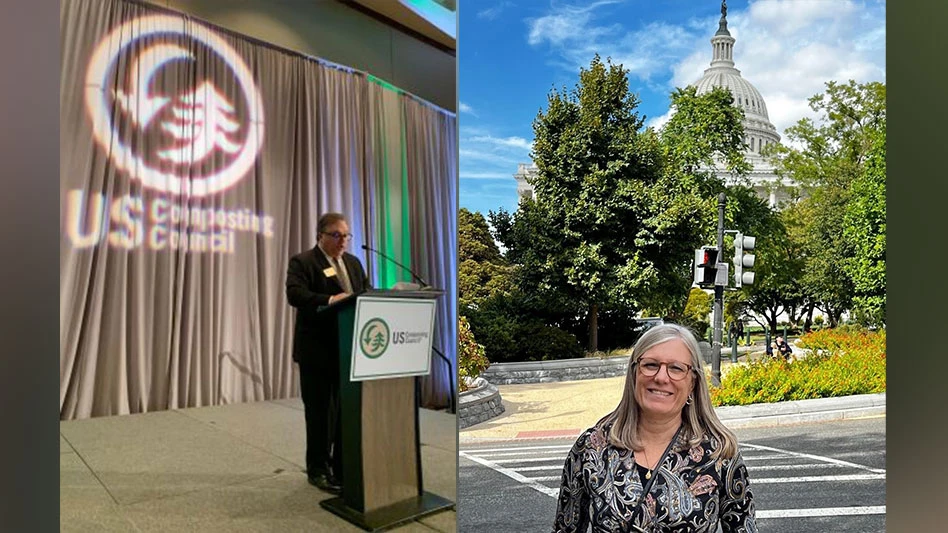
When recycling centers in Bulloch County, Georgia, stopped accepting plastics as a result of China’s restrictions in September 2018, Jon Cook, a resident in Statesboro, Georgia, who serves as the missions director at Grace Community Church, says he decided he needed to do something about it.
“For too long, we’ve relied on China to accept what we didn’t want to deal with,” Cook says. “We have a relatively small county—a rural county in Georgia. But with that, we were throwing 50,000 pounds of plastic a year in recycling. We were likely throwing away more than that in waste. My wife and I have always been avid recyclers, trying to teach our children about conservation. I didn’t want to toss away our plastic to waste and hope for the best. We don’t have to walk away from plastic completely.”
So, in response to the county’s restrictions on plastics, Cook started up his own recycling business to service Statesboro called Boro Recycling. The company will provide curbside collection of plastics Nos. 1-7, metals and glass. The business officially launched Wednesday, Jan. 9.
Cook says he’s received a lot of positive feedback about his business among Statesboro residents so far. While he started with just a two-man team of himself and one part-time employee, he says he will have to hire several more employees to handle the volume of requests for service he’s received.
“I underestimated what the response would be,” he adds. “A lot of people who signed up the first week didn’t receive a bin, so I had to scramble to come up with bags for them to use and find a distributor who could get me more bins quickly.”
Beyond collecting plastics, metals and glass, Cook says he’s looking to find a solution to recycle the plastics he collects from his own shop. He notes that he has a background in engineering and that he’s “always been a tinkerer” with an interest in patents.
Before even launching Boro Recycling this January, Cook experimented with plastics recycling technologies in the fall of 2018.
“I decided that if I can process enough plastic, maybe I could make a dent into the plastics waste we have in the community,” he says.
Cook purchased small-scale plastics processing equipment as well as inventing some of his own equipment to recycle the plastics he collects into a powder form that he can then turn into items he can sell like garden stones and wall decorations. He also took time to meet with the sustainability director at Georgia Southern University, Statesboro, to aid in his research.
Although Cook is still working out some details on the plastics processing side of his business and is operating out of a small shop at his home, he says his long-term goals are to have a larger scale plastics processing facility that could service Bulloch County.
“We have a lot of ideas for the future,” he adds. “But our hope is to turn this business into something that truly impacts the plastic waste problem in my county.”
Latest from Waste Today
- EPA takes steps to require MSW incinerators to report toxic chemical emissions
- Food waste composting system coming to Canadian province next year
- Updated: CAA submits final draft program plan in Oregon
- Enviri names new president of Harsco Environmental business
- Bureau of Labor: Fatality rate increased for waste collection in 2023
- Atlanta awarded $3.2M to support electric vehicle fleet transition
- McNeilus to spotlight collection innovation at CES 2025
- Baltimore nonprofit opens zero-waste facility





